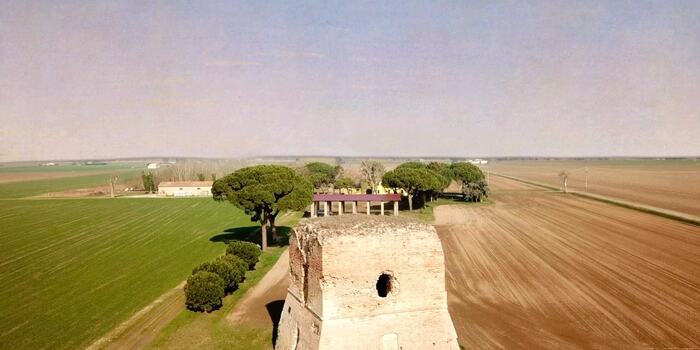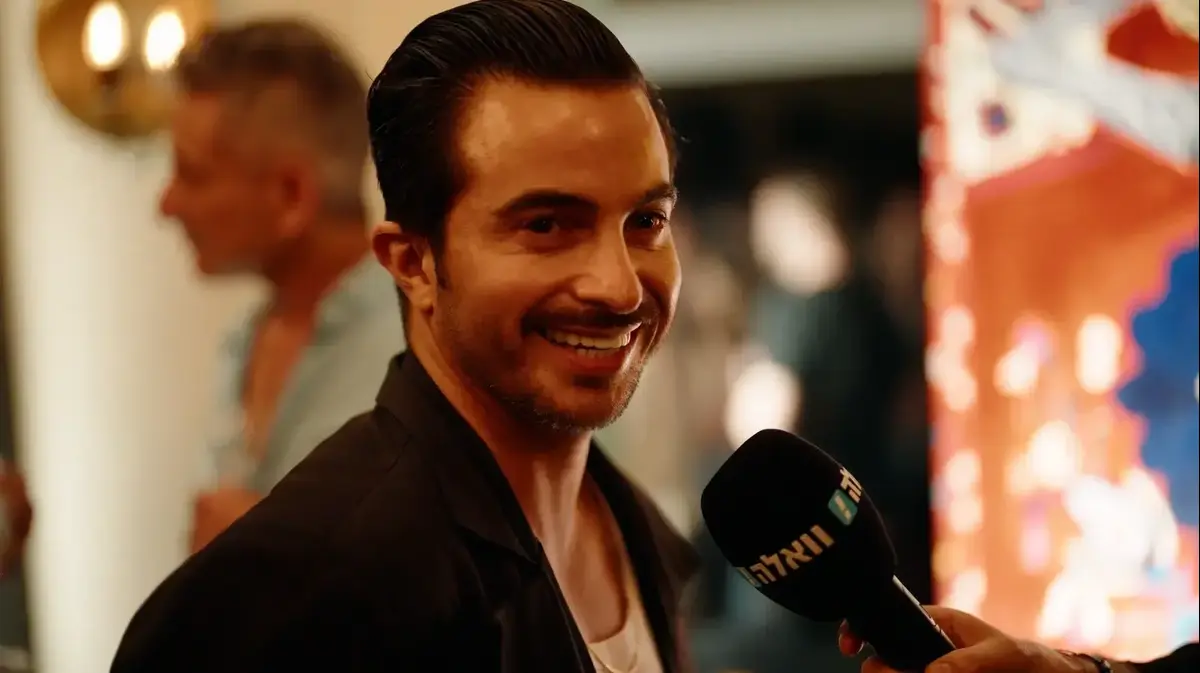More effort is not possible even in Salzburg: Romeo Castellucci and Teodor Currentzis fail in the gigantic format because of “Don Giovanni”.
He has self-irony, at least a little. When the characters turn onto the confusion rollercoaster at the end of the first act, moaning about whirring heads and collapsing worlds, the symbolism of this performance goes crazy too. A handball goal, water pipes, a pile of bicycles are brought in. In addition, a cake and a skeleton, marveled at by an old man in a bikini, plus a streamer explosion on the final chord. Everything that the fund and the budget gives us is tilted before our eyes by director and set designer Romeo Castellucci. As if to say: "Think what you want."
Most of the people in the Großer Festspielhaus do that at this very moment anyway, if they haven't switched off their cerebrum from all the looks and wonders.
"Don Giovanni" has been a matter of honor in the Salzburg Festival since it was founded 101 years ago.
And probably the only Mozart opera that can be left to the great picture master Castellucci: because in addition to the shaping of individual characters (which the Italians have not mastered anyway), it also invites, thank God, to the overarching worldview concept.
The car and piano crash out of the stage
In this special libertine cosmos, says a silent scene before the overture, religion has no place. For minutes, extras in a huge white baroque church remove the cross, benches and statues until the eponymous hero takes possession of the room. He has to be very careful. Castellucci lets a car crash out of the stage sky, a piano grand piano, later, for “La ci darem la mano” by Giovanni and Zerlina, a carriage comes down that loses a wheel (meaning? Breakdown?). And to Leporello's register aria, a copier descends headfirst, which seems to be copulating with a twin apparatus below. Please do not copy it in the office.
This unleashing is old hat.
As in the baroque opera, where every new scene had to deliver a new image effect, Castellucci also strings one giga-gag after the next - only that this is not about naturalism, but about a whispering, sometimes meditative, sometimes annoying symbolism.
In some cases this actually has something to do with the “Don Giovanni” sphere, and it also has an exquisite, cool to bold effect.
And yet everything doesn’t get beyond a modular evening that is armored in its aestheticism.
150 Salzburg women are allowed on the stage
After the break, apparently money and rehearsal time have run out, the source of images dries up. And it occurs to Castellucci that Mozart's piece has something to do with women. 150 Salzburg women are allowed to regroup again and again and step through giant curtains that now cover the church walls. That too is illustration instead of questioning, until the title hero - the heart! - writhes naked in color for the final commander's scene and demonstrates: White Schniedel are not so erotic.
The right people have found each other for this first opera premiere at the Festival.
Image mannerist Castellucci meets music maniac Teodor Currentzis.
And both, which is very unfortunate, have no feeling for the rhythm of a performance, for its overwhelming dramaturgy.
In contrast to Currentzis' past Salzburg acts, there are no newly implanted music numbers.
But there are recitatives that are so overstretched, with so many gaps and superfluous clinking on the fortepiano that the function as action-driving spoken chant is lost.
If Mozart had wanted to pause here, he would have finally written an aria.
Currentzis' permanent extremism will soon run dry
Not necessarily the furor that Currentzis sparked with his MusicAeterna orchestra, so the details exhibited, what is merely “made” are the problem. Currentzis' interpretation is a permanent demonstration machine. "Hear what we can", it shouts all the time and soon comes to nothing in its permanent extremism. Approaches to a tempo and affect architecture - false report.
Only two can cope with this interpretation between sprint and slow motion. Michael Spyres, who, from polar explorer Amundsen to Königsmantel, constantly has to appear in new costumes and with a poodle, sings his Ottavio with amazing breath control and agogic awareness. Nadezhda Pavlova (Donna Anna) also commands many facets, but also gets caught up in a jigsaw puzzle. Federica Lombardi (Elvira) forms the opposite pole with a rich, wide soprano, loses her vowel flicker in the course of the four-hour (!) Evening. Anna Lucia Richter meets the profound Masetto by David Steffens as a delicately bitter Zerlina.
The fact that Giovanni and Leporello look the same, vocal even swap roles is nothing new, and is hardly spun out by Castellucci.
In any case, one would have wished for the more striking Vito Priante as the title hero, whom Davide Luciano no longer designed as solid.
Largely boo-free delight for a performance with the longest cast list in the history of the festival.
In addition to the “women from Salzburg”, there are “object carriers” and “animal care” for goats, poodles and rats.
The latter had the best comment.
She left a pile.
Further performances
on July 29th and August 4th, 7th, 10th and 20th;
Recording on Arte on August 7th, 10:05 p.m.









